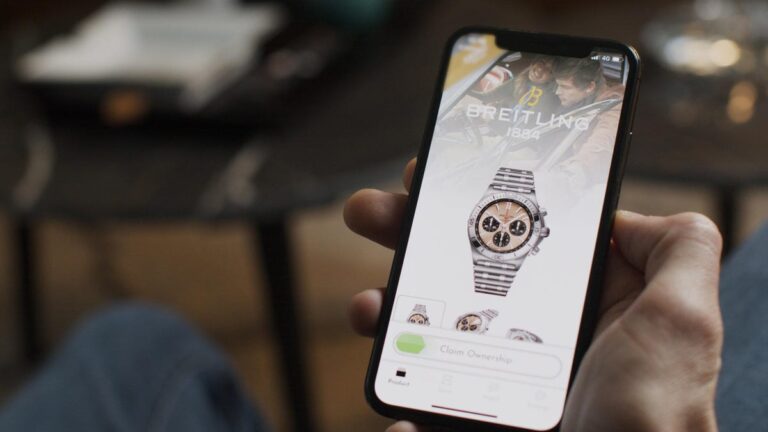
Source: news.google.com
Arianee’s clients include Breitling, which powers the luxury watch brand’s digital product passports.
If 2022 was the year of web3 hype, 2023 will be the one where things get real.
So says Pierre-Nicolas Hurstel, CEO of web3 solutions platform Arianee, whose brand partnerships include Richemont Group, L’Oréal, Breitling, Paris Fashion Week, Moncler and more, along with technology partners IBM and The Sandbox.
Hurstel believes that brands are now concentrating on more specific uses closely related to the physical product rather than digital assets that exist solely for the metaverse.
“Technology will be applied more strategically with brands looking for programs that can solve real problems,” he says. “That is measured by the commercial impact and not only by the size of the headline in the press.”
One such example is on-chain digital product passports for luxury goods, particularly watches, which he says are regaining attention now that the hype has subsided. While Arianee already pushes such certificates of authenticity for Breitling and IWC Schaffhausen, it has signed on with three other global watch houses by 2023, plus a couple of major luxury fashion brands and a wine and spirits brand.
According to Hurstel, token-based customer engagement, again tied to physical product ownership, represents another key strategy shaping 2023.
By sharing your email with a brand, you are sharing first-party data, when you follow that brand on social media it becomes third-party data, but owning a token implies third-party data, he says. “That’s where the future of engagement lies.”
“You don’t want to be in thousands of databases where a platform monetizes your data in exchange for access to free services. You want to be in control.”
“Maybe the content is similar to other places (the web2 CRM programs we’re already familiar with), but the engagement model changes radically.”
To date, around one million NFTs have been minted via the Arianee protocol (80% of which have been digital product passports). The number will grow exponentially this year to between five and 10 million.
Arianee’s CRM-based projects so far have included an NFT activation for Moncler associated with the brand’s Maya jacket and artwork designed by Antoni Tudisco, plus a collection of 10,000 free social tokens for YSL Beauty, owned by L’Oréal, granting access to ongoing brand initiatives.
As for the 2022 hype, it served an important purpose. “The good thing about last year is that people understood that a new marketing or engagement system was available,” he concludes, “but now it’s about integrating these new tools into current business models so they have a real impact.”
Read More at news.google.com